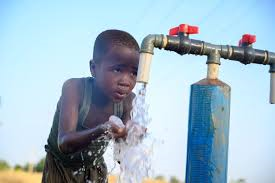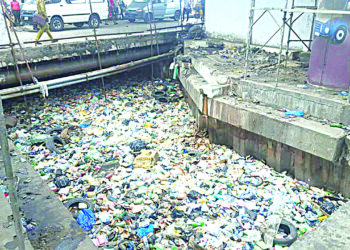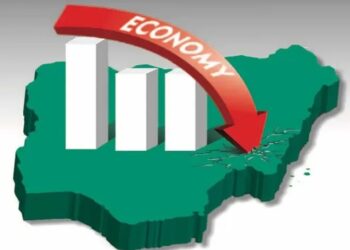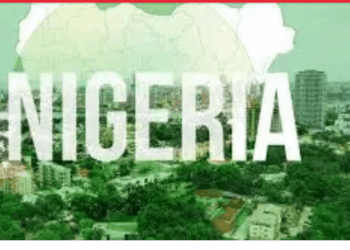Access to clean and potable water is a fundamental human right and an essential cornerstone for the health and well-being of any society. Yet, in Nigeria—a country blessed with vast water resources—millions of people still struggle to access safe drinking water. According to a report by the World Health Organisation (WHO) about 90 percent of Nigerians drink water that are contaminated with feces.
This paradox points to a critical challenge: while water may be abundant, the infrastructure to provide clean and reliable drinking water remains woefully inadequate. The Nigerian government must urgently invest in ensuring that every citizen has access to potable water, not only for the immediate health benefits but for the long-term social and economic stability of the nation.
Waterborne diseases such as cholera, typhoid, and dysentery are prevalent in Nigeria, particularly in rural and underserved urban communities. These diseases thrive where access to clean water is limited. The lack of potable water forces people to rely on contaminated sources, leading to outbreaks of preventable diseases that claim thousands of lives each year. For a nation already grappling with significant health challenges, this situation is unacceptable. Investing in clean water infrastructure would dramatically reduce the burden on the healthcare system, prevent unnecessary deaths, and improve public health outcomes across the board.
Beyond health, access to potable water has profound economic implications. When communities have reliable access to clean water, productivity increases. People spend less time searching for water, and children—especially girls—can attend school instead of fetching water for their families. Improved water access would also benefit agriculture, as farmers can irrigate crops more efficiently and safely, boosting food security and incomes. The broader economic gains from investing in potable water would far outweigh the initial costs, as healthier and more productive populations contribute to the country’s development.
The current situation in many parts of Nigeria reflects a stark inequality: while wealthier urban areas may have access to clean water, millions of Nigerians living in rural regions and informal settlements face chronic shortages or contamination. This disparity is a ticking time bomb. The government’s failure to address the water crisis exacerbates inequality and heightens tensions between communities. Social unrest is often tied to basic human needs, and water scarcity is one of the most potent triggers for conflict. Investing in potable water for all Nigerians is not only a matter of health and economics but also of national security and social stability.
Climate change further complicates Nigeria’s water crisis. As droughts become more frequent and unpredictable weather patterns disrupt water supplies, the need for robust water management systems becomes even more urgent. Nigeria cannot afford to be reactive, waiting for the next crisis to unfold. Instead, it must take a proactive approach, investing in sustainable water infrastructure that can withstand the pressures of climate change. This includes protecting and restoring watersheds, improving water treatment facilities, and implementing better water conservation practices.
The argument for government investment in potable water is also a matter of human dignity. No citizen should be forced to drink unsafe water or walk miles to access a basic necessity. The Nigerian government has a duty to provide its people with the means to live healthy and dignified lives, and access to clean water is central to this responsibility. By prioritising water infrastructure, the government would demonstrate its commitment to the well-being of all Nigerians, particularly the marginalised and vulnerable populations that are often left behind.
There are examples from around the world where governments have successfully tackled water crises through sustained investment. Nigeria can learn from these models, combining innovative technologies with local solutions to meet its unique challenges. Public-private partnerships, international aid, and local community involvement can all play vital roles in creating a sustainable water system. But above all, the Nigerian government must take the lead. Without strong political will and a clear plan of action, the water crisis will only worsen, deepening the suffering of millions and holding back the country’s potential.
The need for the Nigerian government to invest in potable water is urgent and undeniable. The benefits of such an investment—improved public health, economic growth, social stability, and environmental sustainability—are far-reaching and would transform the nation. Water is life, and by ensuring that every Nigerian has access to clean water, the government would be laying the foundation for a healthier, more prosperous, and more equitable future. It is time for Nigeria to make this essential investment in its people.















